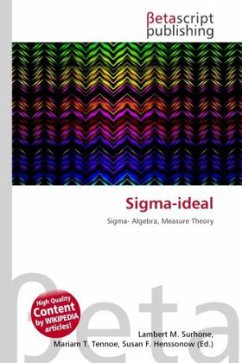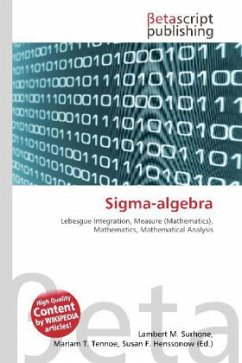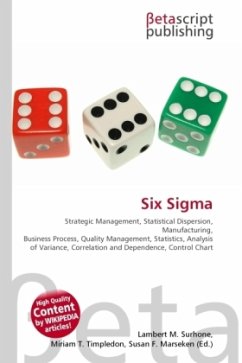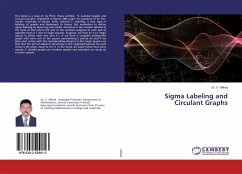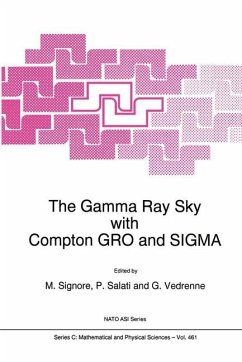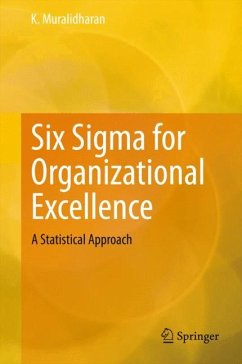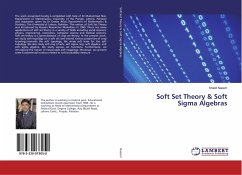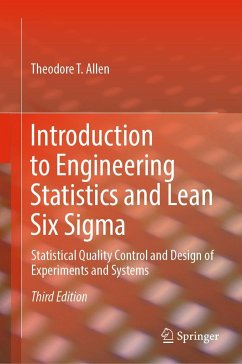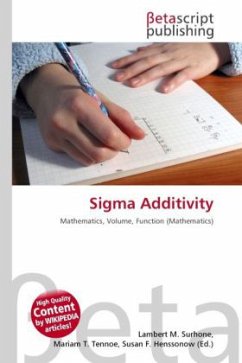
Sigma Additivity
Versandkostenfrei!
Versandfertig in 6-10 Tagen
26,99 €
inkl. MwSt.

PAYBACK Punkte
13 °P sammeln!
High Quality Content by WIKIPEDIA articles! In mathematics, additivity and sigma additivity of a function defined on subsets of a given set are abstractions of the intuitive properties of size (length, area, volume) of a set. Notice that an extended signed measure can either take + as value but not , or vice-versa, since the expression is undefined (see Extended real number line), and thus must be avoided. A finite signed measure is defined in the same way, except that it is only allowed to take (finite) real values. Finite signed measures form a vector space, while extended signed measures ar...
High Quality Content by WIKIPEDIA articles! In mathematics, additivity and sigma additivity of a function defined on subsets of a given set are abstractions of the intuitive properties of size (length, area, volume) of a set. Notice that an extended signed measure can either take + as value but not , or vice-versa, since the expression is undefined (see Extended real number line), and thus must be avoided. A finite signed measure is defined in the same way, except that it is only allowed to take (finite) real values. Finite signed measures form a vector space, while extended signed measures are not even closed under addition, which makes them rather hard to work with. On the other hand, measures are extended signed measures, but are not in general finite signed measures. What follows are two results which will imply that an extended signed measure is the difference of two nonnegative measures, and a finite signed measure is the difference of two finite non-negative measures.



